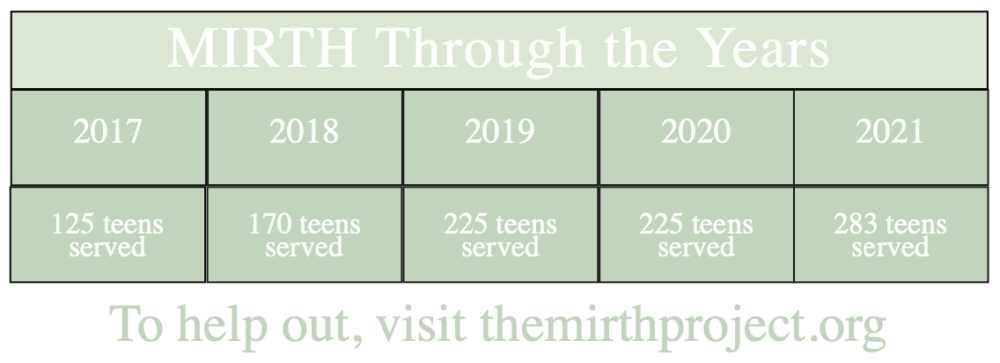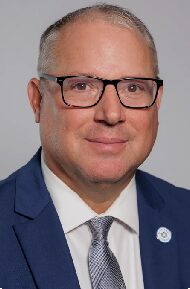
photo credit: Hiya Patel
Democrats and Republicans are the furthest apart in ideology than they have been in 50 years, according to Pew Research Center. This has led to 65 percent of Americans feeling exhausted at the thought of politics.
Over the past decade, political polarization has reached all-time highs with events such as the Jan. 6 Capitol riots, the overturning of Roe v. Wade and three government shutdowns in the span of five years. Evidence of polarization can also be seen through the past two presidential elections as candidates and platforms from each political party have become more consistently liberal or conservative.
A lot of questions have come up regarding the cause of an exponential increase in political division. We believe that modern media and social media have played the biggest role in the vast growth in ideological divide.
With the growth of the internet and mass communication, a vast variety of media outlets have developed. In order to stand out, each media outlet began catering its reports and stories to its audience, significantly increasing bias to its previously journalistic and objective information.
People started to gravitate toward media outlets that aligned with their opinions and point of view. As a result, political echo chambers quickly formed, further polarizing Americans on issues that already created division.
U.S. citizens recognize this as 66 percent agree that political views of media outlets affect the ability of news organizations to treat all sides of an issue fairly, according to Pew Research Center.
In addition to the development of echo chambers in media outlets, social media echo chambers also contribute greatly to the polarization in politics in the United States.
Social media users typically look for their feed to give them information and ideas that they are interested in and agree with. This easily becomes an opportunity for echo chambers to develop.
However, social media echo chambers have the difference that they are created both consciously and subconsciously. Social media algorithms show the user content that it thinks the user will agree with (some of this content being radicalized arguments of their personal opinions) creating more extreme point of views, according to Proceedings of the National Academy of Sciences of the United States of America.
Over time, these issues have become significantly worse as extremist ideologies rise above all others. Political extremists find confirmation of their arguments in their own echo chambers, which leads to further radicalization of their ideas.
This radical extremism creates a disproportionate representation of political views within the political debate in America. This not only creates further polarization between opposing parties, but distrust of traditional journalism and government provided data as well, according to Wired.
If the development of echo chambers continues, the country will fall into an impossible divide in which agreements will never be reached or accepted. We, as dutiful citizens, need to take responsibility for ourselves and break out of this extremist cycle.
We believe that media literacy education is the key to breaking the cycle. By learning how to analyze information from media and social media and assessing its validity, we can start to understand the opposing side’s arguments and come together to reach an agreement.


